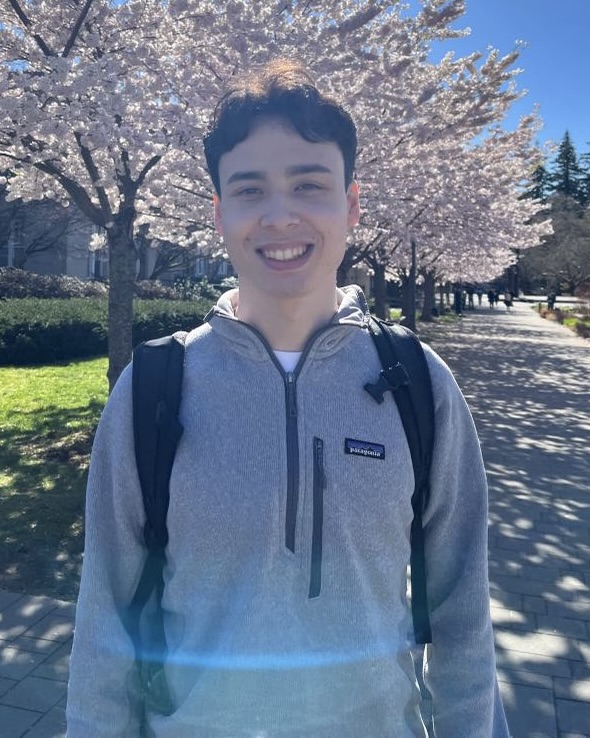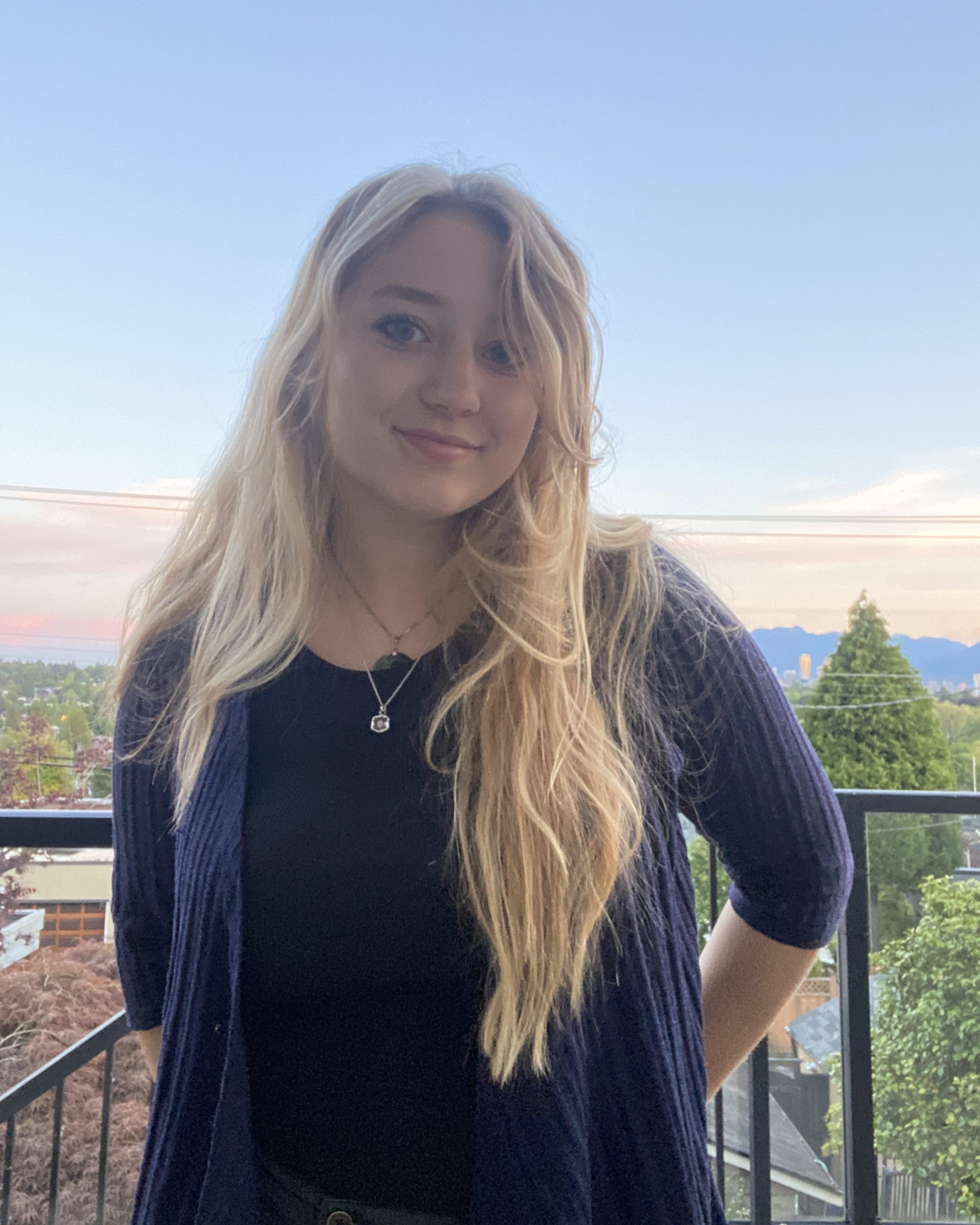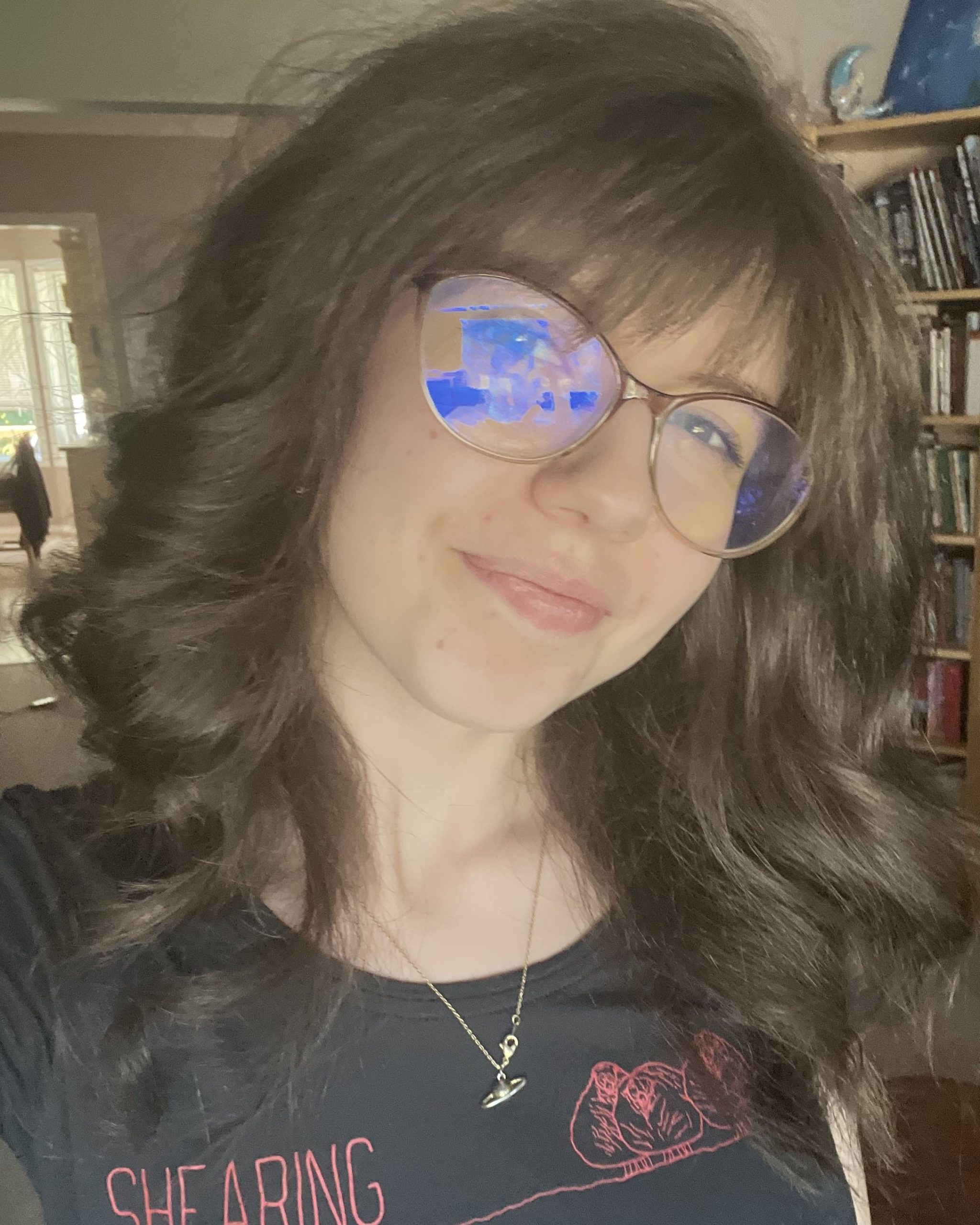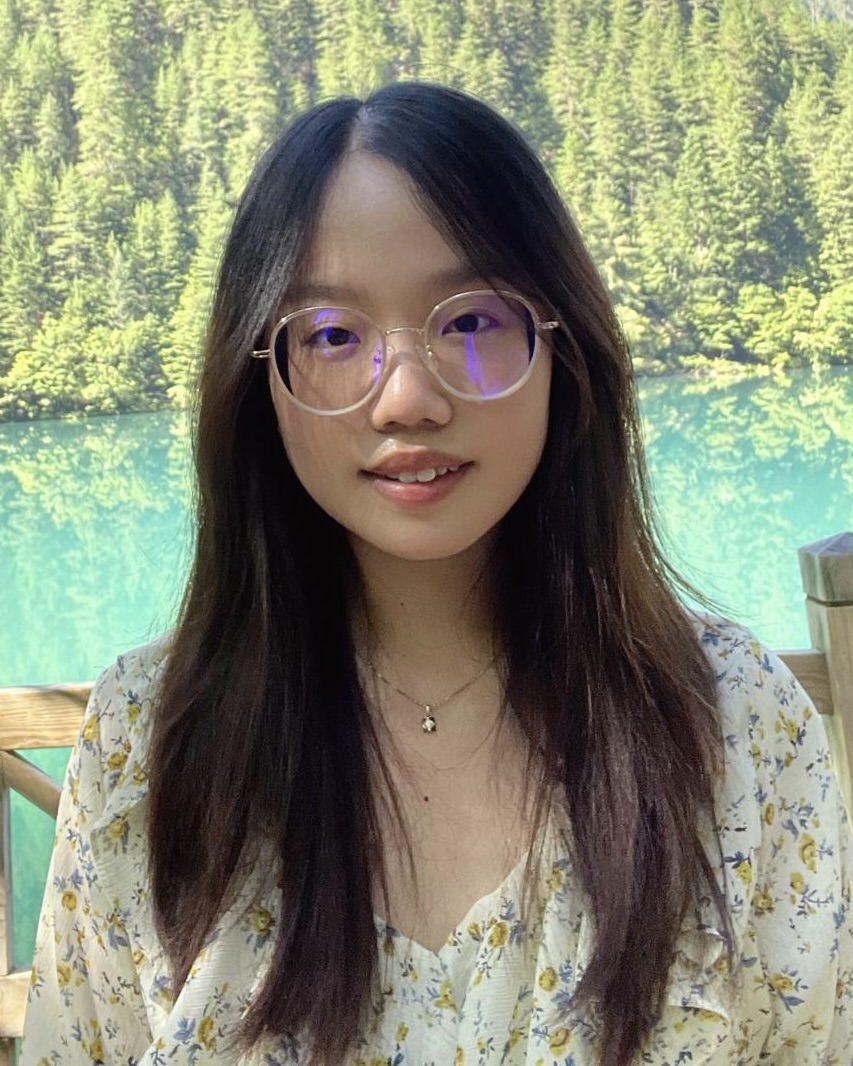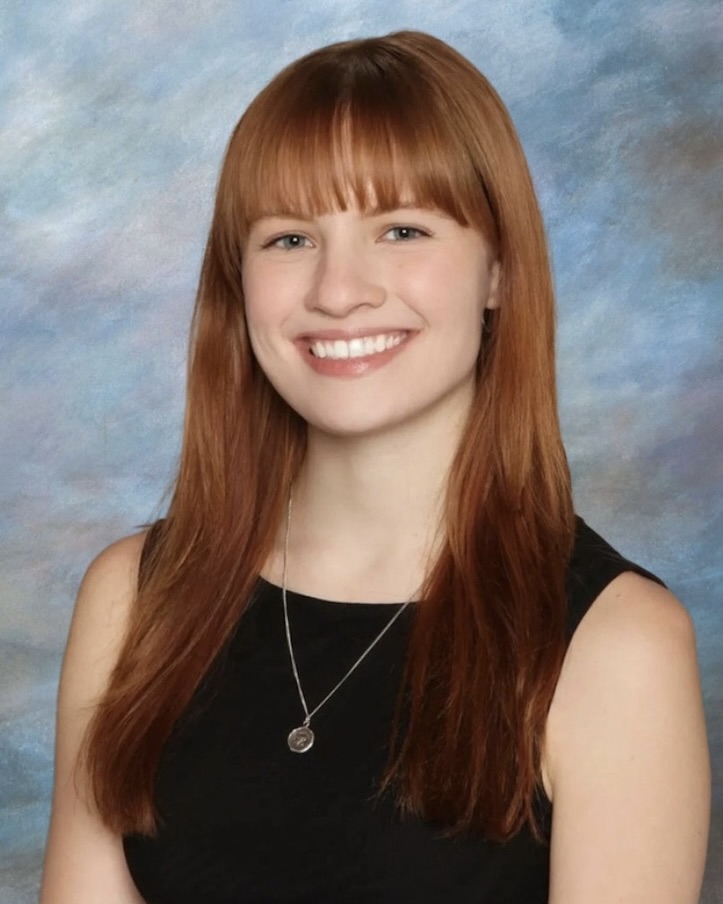Dec 12, 2024
Postdoctoral Research Fellow position
Call for Applications
Location: Centre for the Study of Democratic Institutions (CSDI), School of Public Policy and Global Affairs, Faculty of Arts, University of British Columbia, Vancouver campus
Type: Full-time (40 hours per week)
Salary: $60,000 to $75,000 CAD per year plus benefits
Duration: up to Two years
Start date: May 1, 2025 but negotiable
Call for Applications
Professor Heidi Tworek and the Centre for the Study of Democratic Institutions (CSDI) invite applications from highly qualified candidates for a Postdoctoral Research Fellow position. As part of their fellowship, the individual would contribute to a multi-year research project on online health communication. The research project has an emphasis on understanding and addressing abuse, disinformation, and polarization in online discussions of vaccine development and safety, pandemic public health measures, and related topics. We seek applicants with training in a relevant social science or humanities discipline, and a commitment to multidisciplinary and collaborative research.
About CSDI
The Centre for the Study of Democratic Institutions (CSDI) is part of the School of Public Policy and Global Affairs (SPPGA) at the University of British Columbia (UBC). It pursues interdisciplinary publicly-engaged research, teaching, and dissemination of knowledge about democratic innovations and challenges, particularly those related to digital technologies. CSDI leads and participates in projects at the local (BC), national (Canada), and international levels. In recent years, much of our research and policy engagement has focused on social media and AI governance, and the role of digital media in elections and health communication.
CSDI is led by Heidi Tworek, Canada Research Chair (Tier II) and Professor of History and Public Policy at UBC. Dr. Tworek and CSDI assistant director Dr. Chris Tenove oversee a team of graduate, undergraduate, and postdoctoral researchers. Recent projects have examined the online abuse of Canadian health communicators during the pandemic, government communication strategies to address mpox, and global policies for social media platforms and AI services to protect election integrity. CSDI regularly produces policy reports and other public-facing communication in addition to peer-reviewed scholarship.
The postdoctoral fellow will contribute to CSDI’s work as part of the Bridge Research Consortium (BRC). The BRC is a collaboration of scholars across Canada investigating the historical, political, social and behavioural factors shaping access to and uptake of new vaccines and immune-based therapies for health emergencies. The BRC is one of four projects funded by the Government of Canada, as part of Canada’s Immuno-Engineering and Biomanufacturing Hub (CIEBH) led by the University of British Columbia. It is also one of 19 projects funded in 2024, under Canada’s Biomanufacturing and Life Sciences Strategy, “to rebuild a strong and resilient domestic biomanufacturing and life sciences sector” ahead of a future pandemic event.
Postdoctoral fellowship research and responsibilities
The postdoctoral fellow will work with Dr. Tworek and other CSDI team members to advance research and knowledge mobilization on one or more of the following themes:
- Disinformation, polarization, and abuse in online discourse on vaccine development and safety, pandemic public health measures, and related topics. Investigations can range from computational studies of communication patterns, to qualitative or ethnographic research on producers and consumers of such information, to evaluating information quality by AI chatbots.
- The exposure, impacts, and responses to online disinformation, polarization, and abuse by healthcare workers, health communicators, health researchers, and broader publics. Investigations may include surveys and online experiments, focus groups and interviews, or other approaches.
- Comparative analysis of communication policies across public institutions and countries, with respect to vaccine development and safety, pandemic public health measures, and related topics.
- Social media platform or government policies that shape polarization, disinformation and/or abuse related to immune-based therapies or related health topics.
In addition to contributing to collaborative research and knowledge mobilization, the fellow will also be given the opportunity to develop their own independent research agenda.
Qualifications and experience
Suitable candidates will hold a doctoral degree, completed within the last five years, in a relevant social science or humanities discipline such as communication, political science, psychology, public policy, history, or public health. We are interested in candidates with a strong background in either quantitative methods (such as computational content analysis, or the design and analysis of surveys and experiments) or qualitative methods (such as key informant interviews, focus groups, document analysis, policy analysis, and/or media discourse analysis). Proven interests in subjects related to health communication, public health, new vaccines and immune-based therapies for health emergencies, or social media and AI governance are assets.
Salary, benefits and employment conditions
The salary range for this position is $60,000 to $75,000 CAD per year plus benefits depending on the qualifications and experience of the chosen candidate. The Postdoctoral Fellow will be appointed for up to a two-year period. The start date is flexible, with a preference for candidates able to begin by May 1, 2025. The position is full-time (40 hours per week) and based on-site at the Vancouver campus of the University of British Columbia.
The Postdoctoral Fellow will have significant independence in undertaking priority research, training and knowledge mobilization activities that directly influence the project’s objectives. There will be opportunities to contribute to knowledge mobilization activities that engage directly with scientists, different levels of government in Canada, industry, health care practitioners, and diverse communities across Canada.
How to Apply
Interested candidates should submit an application by e-mail to heidi.tworek@ubc.ca by 5 p.m. on January 15, 2025. Please include “Postdoctoral Fellow Application – [Your Name]” in the subject line. The application should include the following:
- Cover letter:
- explaining why you are suited for this position;
- describing your relevant disciplinary and subject matter expertise;
- explaining your relevant experience and skills that would advance the project goals;
- providing names and contact information for two references (to be contacted by CSDI for short-listed candidates only);
- proposing a tentative date for when you could begin the fellowship.
- Curriculum vitae
- URL links (if available online) or pdfs of two recent publications where you substantively contributed.
Review of applications will commence on January 16, 2025, and will continue until the position is filled.
Employment equity
UBC is an equal opportunity employer committed to creating an inclusive environment for all employees. Equity and diversity are essential to academic excellence. An open and diverse community fosters the inclusion of voices that have been underrepresented or discouraged. All qualified persons are encouraged to apply. We encourage applications from members of groups that have been marginalized on any grounds enumerated under the B.C. Human Rights Code, including sex, sexual orientation, gender identity or expression, racialization, disability, political belief, religion, marital or family status, age, and/or status as a First Nation, Metis, Inuit, or Indigenous person.
UBC welcomes and encourages applications from persons with disabilities. Accommodations are available on request for all candidates taking part in all aspects of the selection process. The University committed to creating and maintaining an inclusive and equitable work environment for all members of its workforce, and in particular, for its employees with disabilities. An inclusive work environment for employees with disabilities presumes an environment where differences are accepted, recognized, and integrated into current structures, planning, and decision-making modes. For contact information regarding UBC’s accommodation and access policies and resources, please visit the Centre for Accessibility.
There is no citizenship requirement, but appointment of non-Canadian applicants will be subject to approval by Immigration, Refugees, and Citizenship Canada (IRCC) requirements to be eligible for employment in Canada as a postdoctoral fellow.
